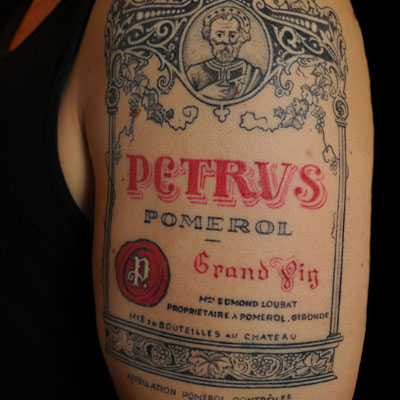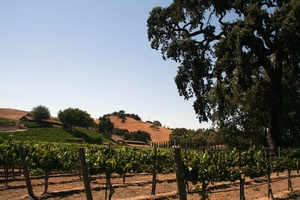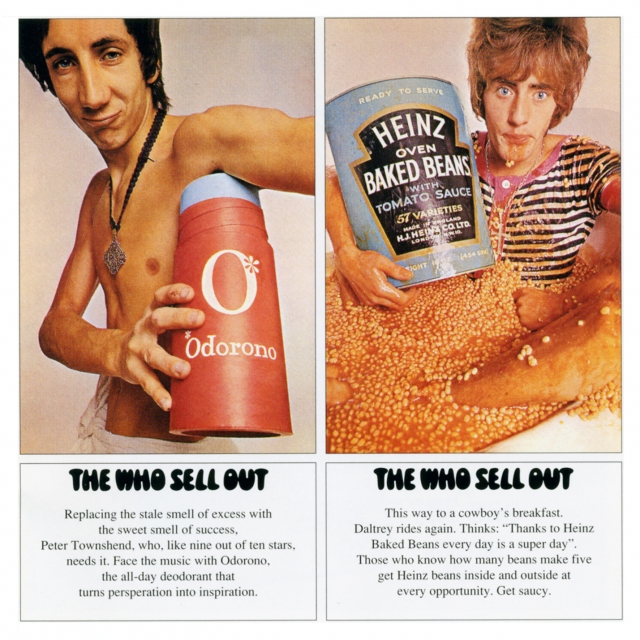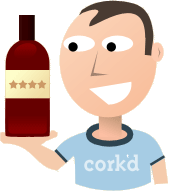 We are the middlemen (or women) of the wine industry. We are the "tiers". We add cost to the consumers' bottles. We are human though, we need something to motivate us. We do not do this solely to make money. Actually, there are plenty of people that do this solely to make money, but they drive company cars and rarely read wine blogs. For the rest of us, we can feel unfulfilled. We want to feel affinity for something, someone, at least I do.
We are the middlemen (or women) of the wine industry. We are the "tiers". We add cost to the consumers' bottles. We are human though, we need something to motivate us. We do not do this solely to make money. Actually, there are plenty of people that do this solely to make money, but they drive company cars and rarely read wine blogs. For the rest of us, we can feel unfulfilled. We want to feel affinity for something, someone, at least I do.We are the part of the process that no one really likes (generally). We want to feel that connection with a greater purpose. For me, and most of my colleagues, it's about the "Book", the "Portfolio", the "Collection", whatever you call it, it is the groups of wines you sell. It's about taking that sample bottle out of the bag and blowing your customer away, and then doing it 3 to 5 more times each time you see them. The need to hear "wow", it's insatiable. Yet, few of us have ever had the fortune of building or contributing to a portfolio. I can tell you, it's the most satisfying thing I do professionally. Turning someone on to a producers that I "discovered". In truth, i didn't discover anyone, but I got to some before anyone else did. I recognized they had something special and had good timing. This is fulfilling. It also helps to fill this vacuum of doing something important. We identify with our group of producers, and they can define us.
My inspiration for this post was originally to criticize one of my critics. I gave a particular wine a pretty hard time recently, and someone that sells this wine took it pretty personally. I was going to rail against them for not being able to step back and have the proper perspective. The reality is that, neither do I. I am intoxicated (no pun intended) by the wineries I represent. I can no longer be a critical thinker about my group. I'm not blind, but now I have prejudice about my producers (in a good way). Looking at your portfolio without impunity is emotionally important, and in the end, makes us better sales reps. If you give in to the need to love a product conceptually, and this is how you earn your keep, this is the fulfillment. This passion will be contagious among your clientele, and in turn, through the consumer base. This will give you satisfaction, and it will help you sleep at night.










































